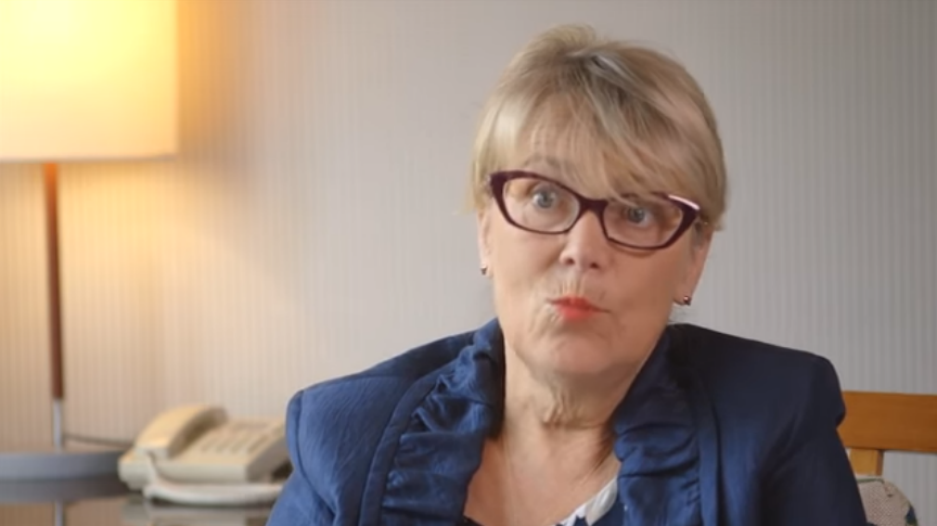Diagnosing Dementia
There is no one test to diagnose dementia. Instead, the diagnosis involves a range of assessments and examinations, which can mean that confirming a diagnosis can take time, particularly in the early stages.
A diagnosis of dementia usually begins with a General Practitioner or GP. It can be helpful to note the changes causing concern before your visit to help you talk to the GP about them. Perhaps keep a diary to help you to do this.
The GP will generally begin an assessment by ruling out other possible causes of symptoms you are experiencing; this may involve running some tests, including blood tests and memory tests, as well as an overview of your general health.
The GP may refer to a consultant such as a geriatrician or a psychiatrist of later life who will conduct a full assessment to establish the cause of the symptoms. Click here to find out who’s who in dementia care, as they can work with you to help you understand the diagnosis.
If you are under 65, you will be referred to a neurologist or a memory clinic. If you feel a referral to a specialist would be helpful, you can discuss this with the GP.
The consultant will conduct a full assessment to establish the cause of the symptoms. They usually work with a specialist team, and you may see many people from this team. This process usually includes
- blood tests
- a complete history of family medical background
- a physical examination
- an assessment of memory, thinking and activities of daily living.
- A brain scan (CT, MRI) to identify any changes in the brain may form part of the assessment, but this may not be required for every case.
The doctors will work directly with the person who is experiencing changes. The doctor may also ask family members to talk about any changes they see or concerns.
After the assessment, the consultant will draw together all the results and determine what is happening. It may be that the review is repeated at a later date to identify further changes and confirm a diagnosis.
Memory Clinic
A memory clinic service is available for people who are worried about their memory. The clinic can diagnose memory problems and give you information, treatment and advice.
There are currently 25 memory clinics operating in Ireland. Some clinics offer a nationwide service; others offer services to people living in a particular part of the country.
The clinics work with people who are experiencing memory problems to diagnose the cause of these problems. All but one of the clinics require a referral from a GP to access the service.
For further information:
- Call the National Alzheimer Helpline on 1800 341 341
- Read the Memory Clinic in Ireland resource by the Dementia Services Information and Development Centre (DSIDC).
- Visit your GP
- Visit the services in my county page for Memory Clinics in your area
What If a Diagnosis Is Made?
A diagnosis of dementia comes as a shock, no matter how much it is expected. It is hard for everyone concerned, and reassurance and support are vital. The most important thing is to be positive and know that you are not alone. There are people you can talk to and supports and services that can help.
Your GP will be essential to support you in living well with dementia. You can talk to them about your dementia, any medications and treatments you may be prescribed, areas such as driving and any symptoms that may emerge.
For further information:
- Visit your GP
- Call the National Alzheimer Helpline on 1800 341 341
- Visit the services in my county page for Memory Clinics near you
- Read our resources:
How Dementia Will Affect You
While it is not possible to say precisely how dementia will affect you, some typical changes you may experience include:
- changes to your memory: you may find it hard to remember recent information but find it easy to remember information from your past. You may also repeat yourself; for example, you may tell a person the same story several times.
- changes to how you communicate: you may find you are searching for words to express yourself, and you may lose track of a conversation.
- mood changes: you may feel low in mood or feel less confident in yourself. There may be times when you feel sad, angry and frustrated. You may find it hard to express how you are feeling.
- changes in completing daily tasks: you may find it hard to plan or to concentrate at times and so find it difficult to do some things you used to.
For further information:
- Call the National Alzheimer’s Helpline on 1800 341 341
- Visit your GP
- Find out about our Dementia Adviser Service
- Find out about our Alzheimer Cafe’s
- Read our resources
- Counsellor services

